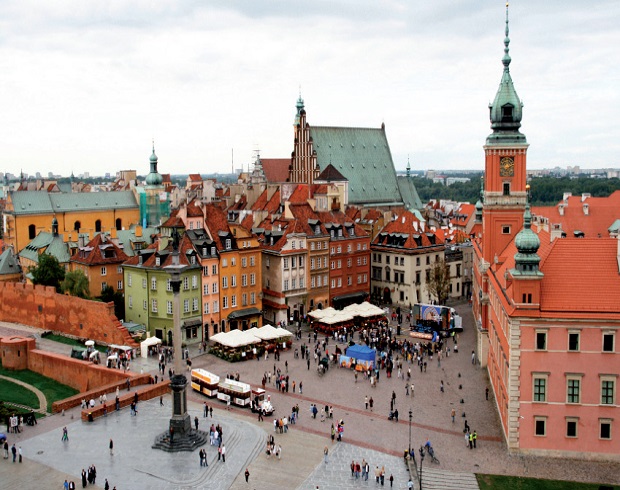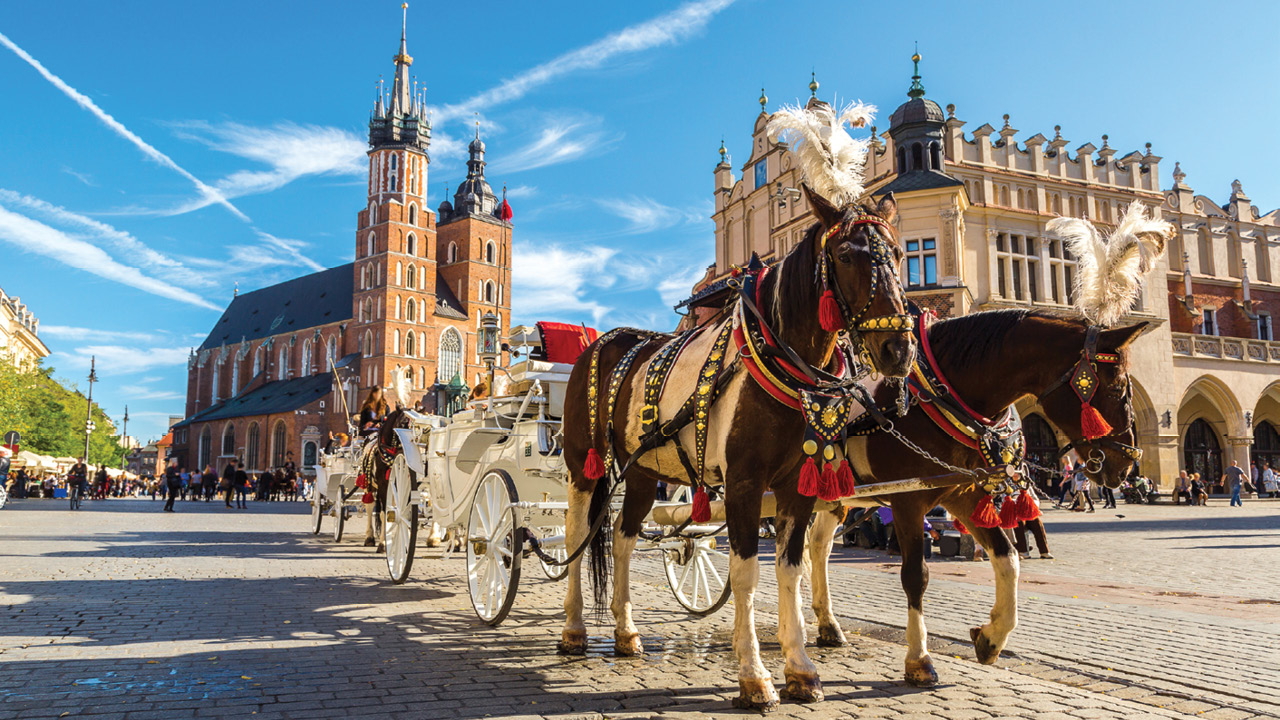[vc_row][vc_column width=”2/3″][vc_column_text]In my previous life, I was an executive director on the board of Barclays Bank of Kenya. Being the first female in that position in the bank’s ninety-year history was a testimony to the bank’s progressive shift at the time to a more gender inclusive and younger board. Right outside the 8th floor boardroom at Barclays Plaza, was a toilet facility: for gentlemen only. The ladies toilet was a hop, skip and a jump further down the corridor where the staff bathroom facilities were. Now, a fallacy can be created here: that Barclays Kenya never envisaged a day that women would ever be on their board, and therefore contrived to only have a gentleman’s commode available that was contiguous to the board room. The more likely story is that when the building was constructed, the toilet facility was tucked on as an afterthought, as that boardroom was being partitioned. Back then, it was primarily men on the board and therefore it made perfect sense that it would become a gentlemen’s facility. With the passage of time it was never deemed necessary to add a ladies toilet probably because the female directors on the board never raised it as a mission critical board agenda item. Why do I give this story? I narrate it as it demonstrates how urban legends are created: That women were never imagined to ever join the boardroom and the lack of a toilet is evidence of such myopic thinking. Which is absolutely untrue.
Last week I had an early morning meeting in Upperhill, Nairobi’s rapidly trending “must have” corporate address. I turned onto Hospital Road and the rising sunrays in the salmon colored sky glinted off the steel and glass edifices of several new buildings. Upperhill is a testimony to unplanned gentrification, with a road infrastructure that is struggling to catch up to the real estate capital that has been heavily invested there.
That real estate capital is a further testimony to the fallacy that is often being perpetuated that Kenya is walking an economic tightrope, with certain doom waiting at the bottom of the political circus. The buildings didn’t drop out of a Jupiter sky. They were deliberately constructed by owners of capital that see further past the building’s balance sheet depreciation. I was a little stumped. A building is a large and long-term investment. It is a loud and vociferous “we are here to stay” statement. And there are several of those statements in that square mile or so that forms Nairobi’s emerging financial district. So I asked one of the corporate titans located in Uppherhill as to why there was such growth and development in the area, when the print, television and social media paint such a gloomy picture of the country’s future. His response was reflective of corporate Kenya: Social media in Kenya is an effective pressure valve, it allows for steam to be released regularly to reduce the compressive forces of political dissatisfaction. As a business driver there would be greater fear if voices of dissent had no outlet, as that would mean that the country would be snowballing into a cataclysmic event whose trigger could not be determined, as happened with Tunisia’s Mohamed Bouazizi’s self immolation in December 2010 in protest of police corruption and ill treatment that sparked off the Arab spring. Owners of capital detest the inability to predict or calculate political risk. Kenya’s political risk is seemingly one that can be calculated and absorbed in the cost of doing business in the financial capital of the greater East African region.
Italy provides a classic example of political risk divorcing itself from economic growth. By the time Silvio Berlusconi was taking on the Prime Minister’s office in April 2005 for his third tumultuous shot at greatness, he was forming the 60th government that Italy had had in the 60 years since it had become a republic in 1946. Past Italian governments hardly lasted more than a year on average. Yet Italy remains the 9th largest economy in the world, as well as a card-carrying member of the European Union and the G7 economic powerhouse. How is this possible, when we in Africa have been conditioned to believe that central (and now county) governments are the singular premise on which great economies are grown?
According to a report from Focus Economics, Italy’s economic structure relies mainly on services and manufacturing. The services sector accounts for almost three quarters of total GDP employing around 65% of the country’s total workforce. Within the service sector, the most important contributors are the wholesale, retail sales and transportation sectors. Industry accounts for a quarter of Italy’s total production employing around 30% of the total workforce. Manufacturing is the most important sub-sector within the industry sector. The country’s manufacturing is specialized in high-quality goods and is mainly run by small- and medium-sized enterprises. Most of them are family-owned enterprises. Agriculture contributes the remaining share of total GDP and it employs around 4.0% of the total workforce.
The Focus Economics reports adds that after World War II, Italy experienced a shift in its economic structure. It transformed itself from an agricultural country to one of the most industrialized economies in the world. The force behind the post-war economic miracle was the development of small- and medium-sized companies in export-related industries. In the following decades, the economy has had both ups and downs. It is also noteworthy that Italy is the last Eurozone member on Transparency International’s corruption index at number 69 next to Greece, Romania and Bulgaria. The Italian Court of Auditors estimates corruption to amount to about 40% of public procurement value.
We can and we are already growing into a regional economic powerhouse, if we leave politics to the politicians and simply focus on growing our SME base ourselves. Our stable shilling in recent volatile times also demonstrates our economic resilience. The Italian model substantiates that economic growth, in spite of political turbulence and corruption, is not such a fallacy.
[email protected]
Twitter: @carolmusyoka[/vc_column_text][/vc_column][vc_column width=”1/3″][/vc_column][/vc_row]

 carolmusyoka consultancy
carolmusyoka consultancy
 @carolmusyoka
@carolmusyoka




